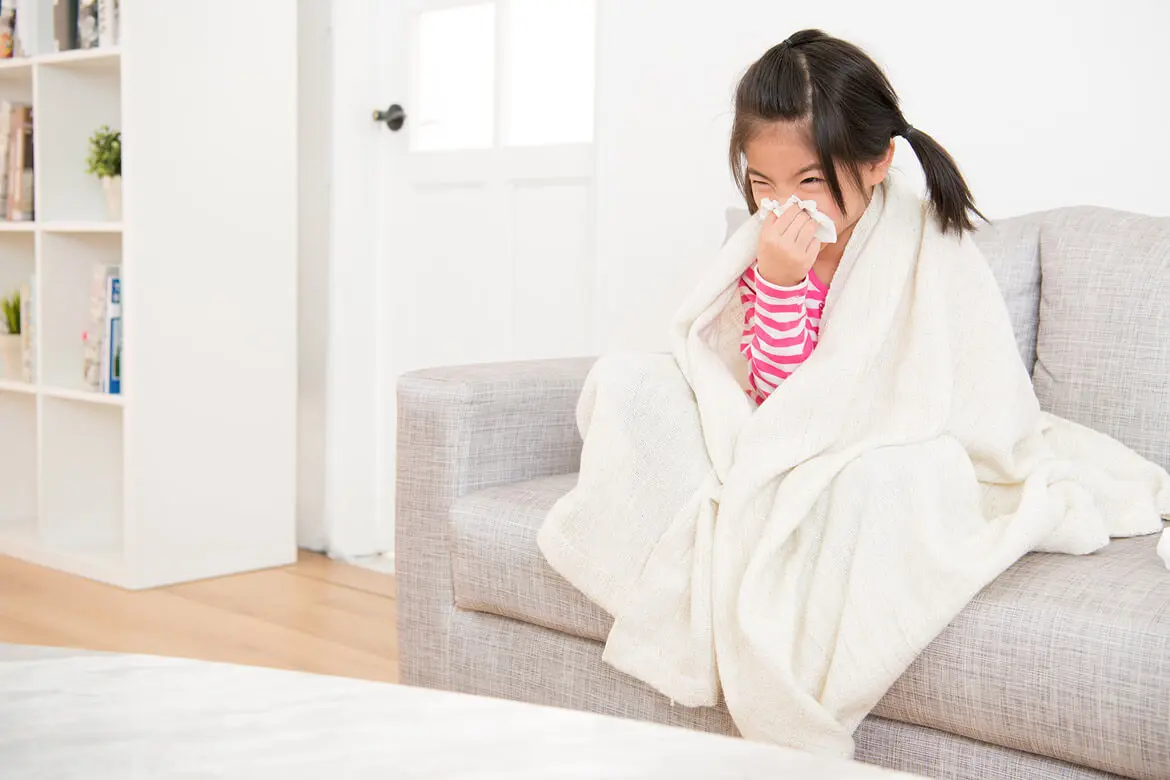Dr Lau Pang Cheng David
Otorhinolaryngologist


Source: Shutterstock
Otorhinolaryngologist
Paediatric ear, nose and throat (ENT) disorders are some of the primary reasons for children's visits to the doctor. ENT issues are more prevalent in children because their bodies and immune systems are still developing. As a result, many structures in the ENT region are not fully developed and may be more prone to dysfunction.
Children's ENT ailments can range from colds and flu to allergies and ear aches, but some ENT conditions do require more urgent attention. Dr David Lau, ENT specialist at Gleneagles Hospital, answers 10 questions that parents often ask.
Children come in with all sorts of ENT complaints such as allergies, sinus issues sinusitis, and sleep disorders, such as snoring and disrupted breathing during sleep. These can occur in children from as young as 2 years old.
The number one allergy in kids is house dust mites. Dust mite allergies can cause nose, chest, eye, and skin problems. Treatments range from nasal rinses, sprays or oral medication, to immunotherapy, a form of treatment that helps the body's immune system fight allergies. It involves either a sublingual method by putting drops of allergen extracts under the tongue or a simple tablet a day. In some cases, however, surgery may be recommended to make breathing easier.
Dr Lau advocates of going back to the basics. When caring for infants, avoid excessive cleanliness (although this is difficult to measure) and do not smoke around them. There is growing research suggesting that exposing infants to germs may help them develop stronger defences against allergies later on in life. Young children who are unwell should not receive antibiotics unless advised by their doctor with a clear reason.
Research also shows that breastfeeding helps enhance babies' immune systems.
As they grow, children should also consume healthy, balanced diets to support their development.
If allergic symptoms are already present, parents should minimise their child's exposure to dust and dusty items like soft toys, rugs, carpets and curtains. It is also advisable to change bed linen regularly and clean air conditioning filters every week. It is also possible that pets are causing the allergy, as dander from cats and dogs can sometimes trigger allergic symptoms.
Keep an eye on your child's temperature. As a rule of thumb, take your child to a doctor if their temperature reaches 40°C or more. Keep your child hydrated and cool, and give them lots of rest and cuddles. If the child can swallow comfortably, you can give them some vitamin C gummies.
Your child should see a doctor immediately if they have:
Parents should take their children to the emergency room if the child is experiencing symptoms like breathing obstruction, bleeding, or severe pain in ears, nose or throat.
Foreign bodies stuck in noses, ears and throats also require immediate medical attention. It's not a good idea to attempt to remove the blockage yourself as this may cause more damage to the delicate areas and structures in the ENT region.
Trauma and lacerations of ears and noses from sports or rough play are other common causes for children's admission to the Urgent Care Centre (UCC).
Children may be given paracetamol, according to their age, to relieve pain and fever. To ease a stuffy nose in children above 2 years, a vapor rub may be applied to their chest. For children above 4 years, cold or cough medicines may help to relieve symptoms. For sore or irritated throats, hard candy or lozenges can help reduce pain, though this is only suitable for older children 6 years and above.
Always be careful to measure doses carefully and administer them using the correct schedule. Avoid using formulations intended for adults, and even when using children’s medication, avoid mixing or increasing the dose unless specifically advised by a doctor to do so.
If your child's symptoms do not improve or if they worsen, you should take your child to the doctor.
Antibiotics are useful for certain bacterial infections. Because most childhood colds and flus are viral in nature, they are best treated by our own immune systems. Antibiotics do not treat the source of the infection here. Furthermore, inappropriate and over-use of antibiotics means the child's immunity isn't properly built up.
Allergies (particularly of the nose) can affect sleep, behaviour, and even exacerbate conditions such as hyperactivity disorder. Recognising the allergy is the first step towards diagnosis and effective treatment. This can help to relieve their symptoms.